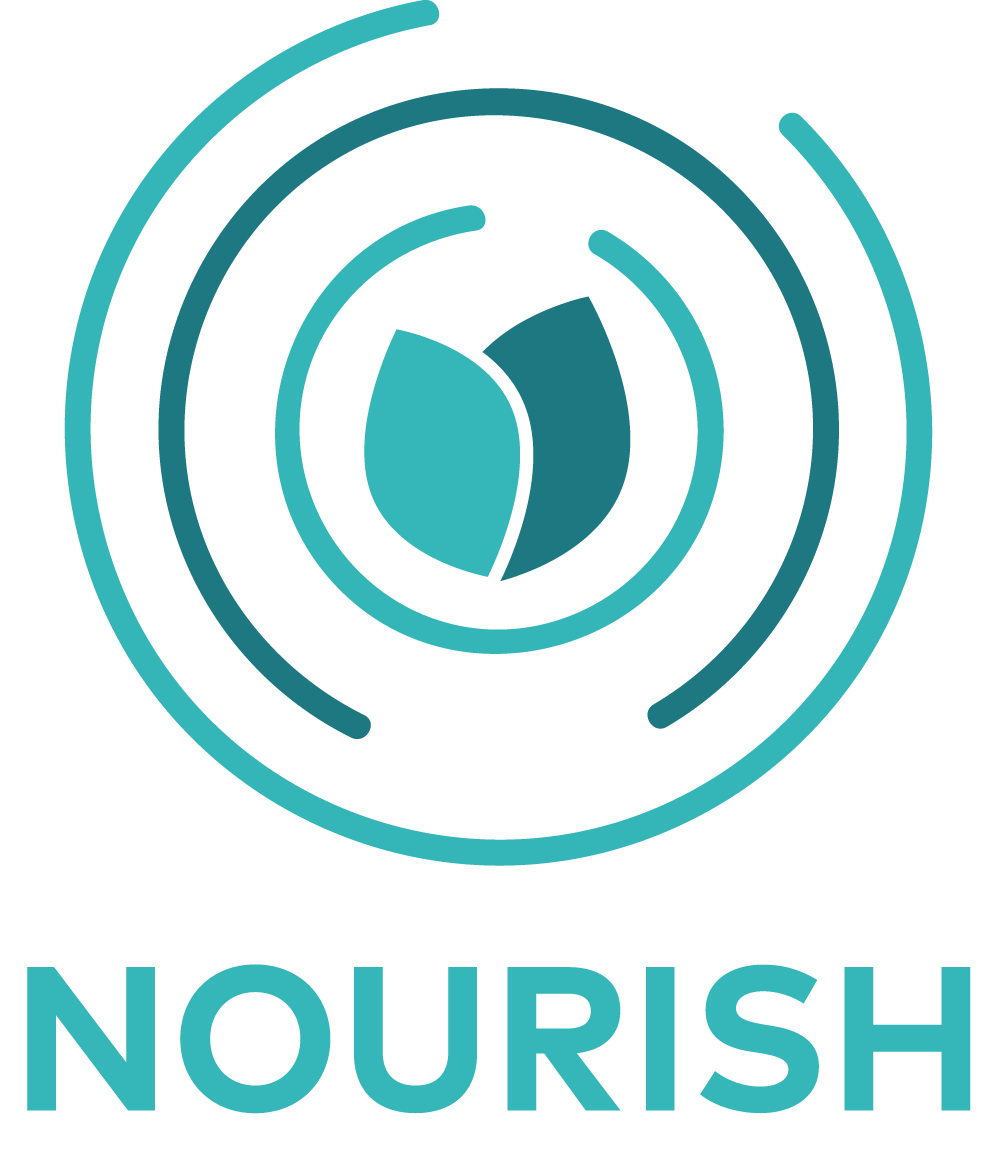In the face of the pandemic and a growing awareness of systemic anti-Indigenous racism in the health care system, Nourish worked with leaders from several communities to strengthen food security, celebrate Indigenous ways of knowing, and increase understanding of Indigenous realities. The following is an excerpt from our final report to the Frontline Fund, whose support made this work possible.
With the onset of the pandemic, food insecurity was exacerbated and Indigenous communities, especially those that are rural and remote, experienced increased pressure on their food systems as a result of disruptions in food supply chains, reduced ability to travel and harvest, and fewer occasions to celebrate and share food together.
In response, Nourish took a multi-phase approach by supporting community initiatives, facilitating knowledge exchanges, addressing systemic anti-Indigenous racism in health care, launching a national learning series, and creating opportunities for health care and community leaders to learn on the land from local Indigenous leaders.
PHASE 1 - Food Rx grants & knowledge exchanges
Nourish awarded five $50k Food Rx grants to mobilize community-led, innovative, capacity-building projects that supported both food security and Indigenous foodways. Food Rx initiatives built and promoted Indigenous leadership and centered Indigenous foodways and values, supporting the transformation of health services to better reflect Indigenous understandings of food sovereignty and wellbeing.
Nourish hosted two virtual Food Rx grantee knowledge exchanges to facilitate networking, sharing, and peer learning between grantees, the Nourish team, and the Indigenous and Allies Advisory. Participants appreciated this space to share their insights, innovations, successes, challenges and questions.
PHASE 2 - Short film
Nourish produced a short film exploring food security, experiences of anti-Indigenous systemic racism in health care, and the power of traditional Indigenous foodways. Called "Why does hospital food matter for reconciliation?" it resonated with many across the country, and has been viewed 3347 times in English (as of June 17, 2021), with a version available with French subtitles as well.
PHASE 3 - National Action Learning series
In April 2021, Nourish launched a national education Action Learning series called Food is Our Medicine (FIOM). The Action Learning series highlights and amplifies Indigenous voices and perspectives to contextualize Indigenous foodways work through multimedia resources, and contributions of Indigenous leaders in medicine and systems change.
Additionally, FIOM features the work of several Indigenous artists in its visual identity and beadwork (the first 200 learners to complete the learning journey will be gifted a handcrafted beaded pin). FIOM provides health care leaders with knowledge and tools to decolonize food in health care and use it as an organizational pathway to deepen conversations about systemic racism and reconciliation.
Land-based learning grants
With the end of the pandemic in view, seven teams in the Nourish Anchor Cohort will have access to grants up to $7k to participate and host on-the-land learning and relationship-building with Indigenous partners and knowledge keepers in their area. This program will start off in a good way with a Cultural Mindfulness session on June 28, hosted by George Couchie from Nipissing First Nation, with the goal of sowing the seeds or building upon existing relationships between health care, community organizations, and Indigenous communities.
Along with supporting Nourish programming, the Food Rx grants are addressing the unique challenges found at the complex intersection of three factors within health care: the COVID-19 pandemic, systemic anti-Indigenous racism, and food (in)security.
The entire process of this work was guided by the Nourish Indigenous and Allies Advisory, with participation from a wider circle of Indigenous leaders.

